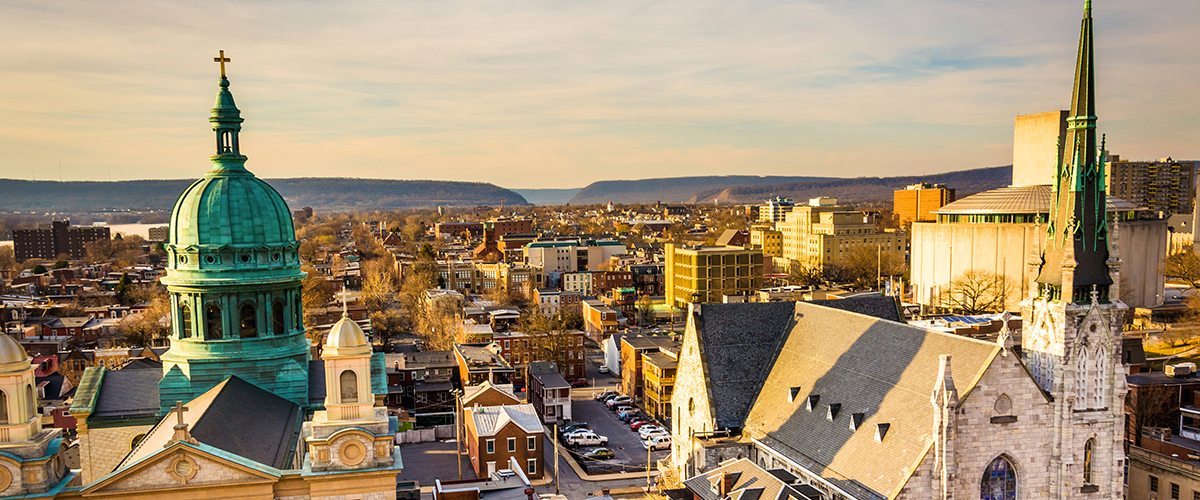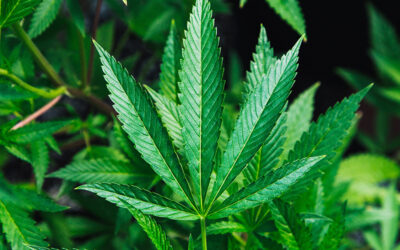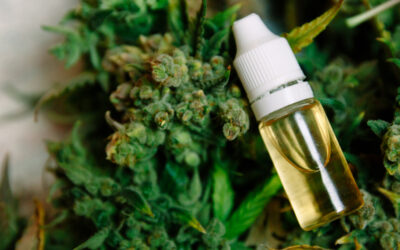Updated July 2019
Pennsylvania has made major strides in the past two years when it comes to cannabis policy. While the possibility of recreational marijuana legalization appears to be somewhat far off, the state has decriminalized possession of a small amount for personal consumption and in April 2016 passed a comprehensive public medical marijuana program. Learn more about Pennsylvania marijuana laws below.
Recreational Marijuana in Pennsylvania
Is marijuana legal in Pennsylvania? No– recreational marijuana is illegal. Currently under Pennsylvania marijuana law, possession of up to 30 grams is a misdemeanor, subject to a fine of $500 and 30 days in jail. Those caught with more than 30 grams are subject to a maximum fine of $5,000 and as much as a year in prison.
However, several cities in Pennsylvania taken it upon itself to create more equitable policies. In October of 2014, possession of up to 30 grams was decriminalized in Philadelphia, with criminal penalties being replaced by a fine of $25. Those caught smoking marijuana receive a citation and a $100 fine. Additionally, Pittsburgh, Harrisburg, and York have decriminalized the possession of small amounts of marijuana.
Medical Marijuana Laws in Pennsylvania
Pennsylvania Governor Tom Wolf signed Senate Bill 3 into law on April 17, 2016, making Pennsylvania the 24th state to adopt comprehensive medical marijuana legislation. Dispensaries began selling medical cannabis products to qualified patients on February 15, 2018.
Patients are permitted to purchase marijuana in various forms, including pill, oil, tincture, liquid, topical, vaporization, and nebulization. The bill specifically outlaws smoking. In April 2018, Pennsylvania Health Secretary Rachel Levine approved expanding the menu of dispensary options to include marijuana flower, with the idea that it would be vaporized. The change will be implemented May 2018.
Like most medical marijuana states, patients must obtain a medical marijuana license from a doctor.
The state Department of Health has the authority to authorize more, but as of now the following conditions are approved:
- Amyotrophic Lateral Sclerosis (ALS)
- Anxiety Disorders
- Autism
- Cancer
- Cancer Remission Therapy
- Chronic or Intractable Pain
- Crohn’s Disease
- Epilepsy
- Glaucoma
- HIV/AIDS
- Huntington’s Disease
- Inflammatory Bowel Syndrome
- Intractable Seizures
- Multiple Sclerosis
- Neurodegenerative Disorders
- Neuropathies
- Opioid Addiction Therapy
- Parkinson’s Disease
- Post-Traumatic Stress Disorder
- Sickle Cell Anemia
- Spastic Movement Disorders
- Tourette Syndrome
- Damage to the nervous tissue of the spinal cord with objective neurological indication of intractable spasticity
In June 2019, the Pennsylvania Department of Health launched a first-in-the-nation research program for medical marijuana. The program will partner up to eight clinical registrants with approved universities to conduct clinical research on any of the state’s qualifying medical conditions.
CBD from Hemp Oil in Pennsylvania
Hemp-derived CBD products are legal under Federal Law in the United States; however, individual state laws are dynamic and fluid. Individual states may enact their own laws governing hemp-derived CBD.
Cultivation of Cannabis in Pennsylvania
The cultivation of cannabis for personal or medical purposes is still a serious crime in Pennsylvania. Growing just 1 or 2 plants is a misdemeanor that can warrant a jail sentence of 6 months to 2 years and fines of $500 to $2000.
Pennsylvania has passed laws allowing for industrial hemp farming. In July 2016, Gov. Tom Wolf signed legislation that legalized the cultivation and production of industrial hemp for research purposes. Since the passage of the 2018 Farm Bill in December 2018 legalized the commercial production of hemp under federal law, Pennsylvania quickly passed its own policy to allow its farmers to obtain a state permit and grow unlimited acreage of the crop for commercial purposes. The Pennsylvaia Department of Agriculture began accepting applications from both commercial hemp growers and processers for its 2020 program on January 4, 2020.
Legal Status of Other U.S. States
Stay up to date on the latest state legislation, referendums, and public opinion polls. Our Marijuana Legalization Map allows you to browse the current status of medical and recreational marijuana laws in other U.S. states and territories.
Sources
- https://www.mpp.org/states/pennsylvania/
- http://norml.org/laws/item/pennsylvania-penalties-2
- http://medicalmarijuana.procon.org/view.resource.php?resourceID=000881#RhodeIsland
- http://www.pennlive.com/midstate/index.ssf/2015/05/fields_of_green_support_for_in.html
- http://www.pennlive.com/midstate/index.ssf/2015/06/sb_3_folmer_baker_regulations.html
- http://www.phillymag.com/news/2016/07/21/growing-industrial-hemp-is-now-legal-in-pennsylvania/
- https://www.lancasterfarming.com/farming/industrial_hemp/commercial-hemp-growing-ok-d-in-pa/article_b66c10d5-ef1a-5b34-b572-cb272cb0b532.html
DISCLAIMER: The information contained in this website is for general information purposes only; it does not constitute legal advice. Although we endeavor to keep the information up to date and correct, we make no representations or warranties of any kind, express or implied, about the completeness, accuracy, reliability, suitability or availability with respect to the website or the information, products, services, or related graphics contained on the website for any purpose. Therefore, any reliance you place on such information is strictly at your own risk.






